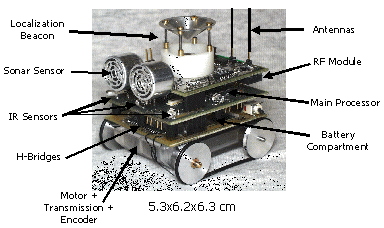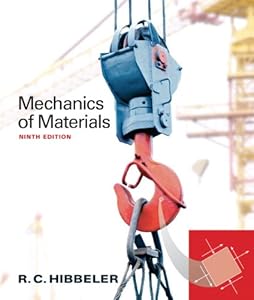QUOTE(kelvinkhaw01 @ Jul 17 2013, 10:48 PM)
Is material engineering
a good choice?

I'm sure you can spot many physical objects around you no matter where you are. In the context of physical product design, which you'll be taught in Year 4 (EBT423/4: Materials Selection & Design), material engineering plays a very important role in material selection to minimize the cost while meeting the product performance goals. For that reason, make yourself as comfortable as possible to learn about the
Ashby Charts.
A number of common property combinations have been plotted and here are two of them. In fact, you'll learn the properties of many material classes throughout Year 2 to Year 4.


QUOTE(kelvinkhaw01 @ Jul 17 2013, 10:48 PM)
As far as i know, material engineering is more on chemical > physics (My chemistry is weak)
It seems that your source is unreliable. If you take a look on the
Curriculum Structure for Materials Engineering, you'll learn that
this is untrue.
QUOTE(kelvinkhaw01 @ Jul 17 2013, 10:48 PM)
I am actually geared towards physics, mathematics and electronic or electric stuff more, but too bad la, nasi sudah menjadi bubur, UPU gave me this course, cannot change or rayu d.sad.boy
But heard that material engineering can go for electronic path right, somethings like ''electronic material''?
At higher level, you can learn about
Solid-State Materials (maybe partially covered in EBT421/3: Advanced Material Engineering), which has a strong overlap with solid-state physics, mineralogy, crystallography, ceramics, metallurgy, thermodynamics, materials science and electronics.
For your academic plan, your final year project should involve
a contribution to knowledge that utilizes Smart materials, such as Self-repair materials, Self-cleaning materials, Shape-memory alloy (SMA), Shape-memory polymer (SMP), Dielectric elastomers, Ferrofluid, Halochromic materials, and energy-convertible corrosive materials. There are many other *HOT* & *SMART* materials which are not listed here.
Good luck!



 Feb 4 2013, 11:07 PM
Feb 4 2013, 11:07 PM Quote
Quote












 0.0534sec
0.0534sec
 0.90
0.90
 7 queries
7 queries
 GZIP Disabled
GZIP Disabled